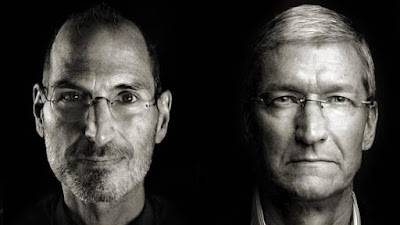On October 24, China unveiled a master working guideline - the Working Guidance For Carbon Dioxide Peaking And Carbon Neutrality In Full And Faithful Implementation Of The New Development Philosophy, aiming to elevate energy efficiency to an advanced international level and lift non-fossil energy consumption to over 80 percent of the whole by 2060. As the "1" in the "1+N" policy system for carbon peaks and neutrality, the Working Guidance is to make systematic planning and overall deployment for the major work of carbon peaks and carbon neutrality.
Highlights of What are stated in the Working Guidance:
——By 2025, an economic system of green and low-carbon circular development will be initially formed, and the energy utilization efficiency of key industries will be greatly improved.
——By 2030, significant results will be achieved in the overall green transformation of economic and social development, the energy utilization efficiency of key energy-consuming industries will reach the international advanced level, and carbon dioxide emissions will have peaked and start to decline steadily. Specifically, China's carbon dioxide emissions per unit of GDP will have dropped more than 65 percent, compared with the 2005 level, and the share of non-fossil energy consumption will have reached around 25 percent, with the total installed capacity of wind power and solar power reaching over 1200 gigawatts.
——By 2060, a green and low-carbon recycling economic system and a clean, low-carbon, safe and efficient energy system will be fully established, the energy utilization efficiency will reach the international advanced level, and the proportion of non-fossil energy consumption will reach over 80%.

The Working Guidance requires that the layout of major infrastructure, major productivity and public resources should be continuously optimized, and a new pattern of land and space development and protection conducive to carbon peaking and carbon neutrality should be established. The "Guidance" also proposed that the pace of coal reduction should be accelerated, coal consumption growth should be strictly controlled during the "14th Five-Year Plan" period, and coal consumption should be gradually reduced during the "15th Five-Year Plan" period.
In addition, the "Guidance" also proposed to formulate action plans for technology to support carbon peaking and carbon neutrality, and to map a path for the development of carbon neutrality technologies.









